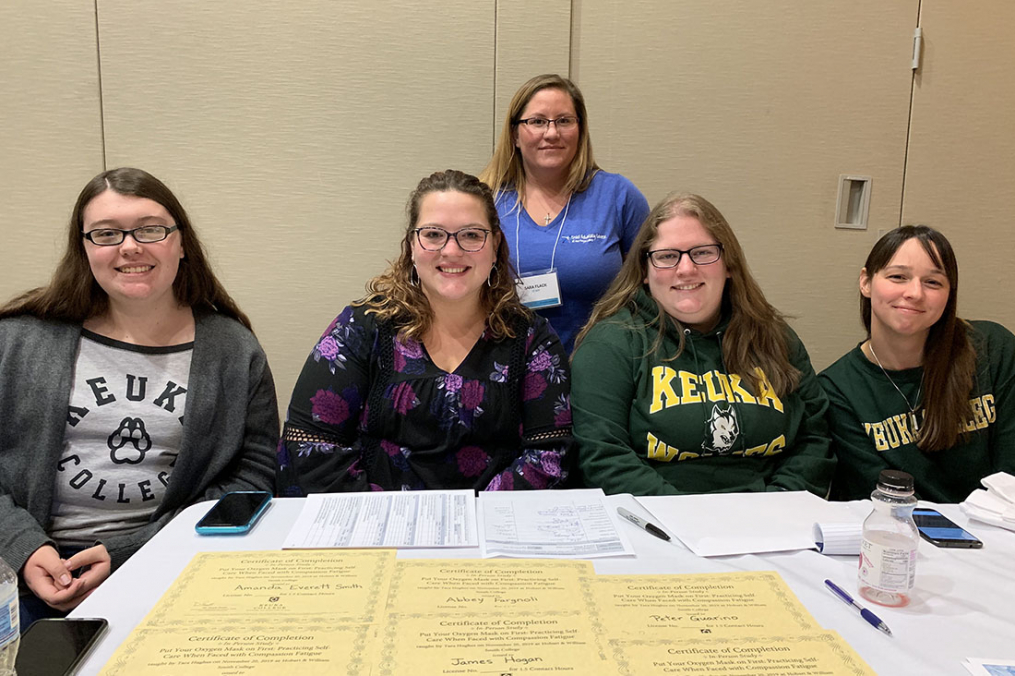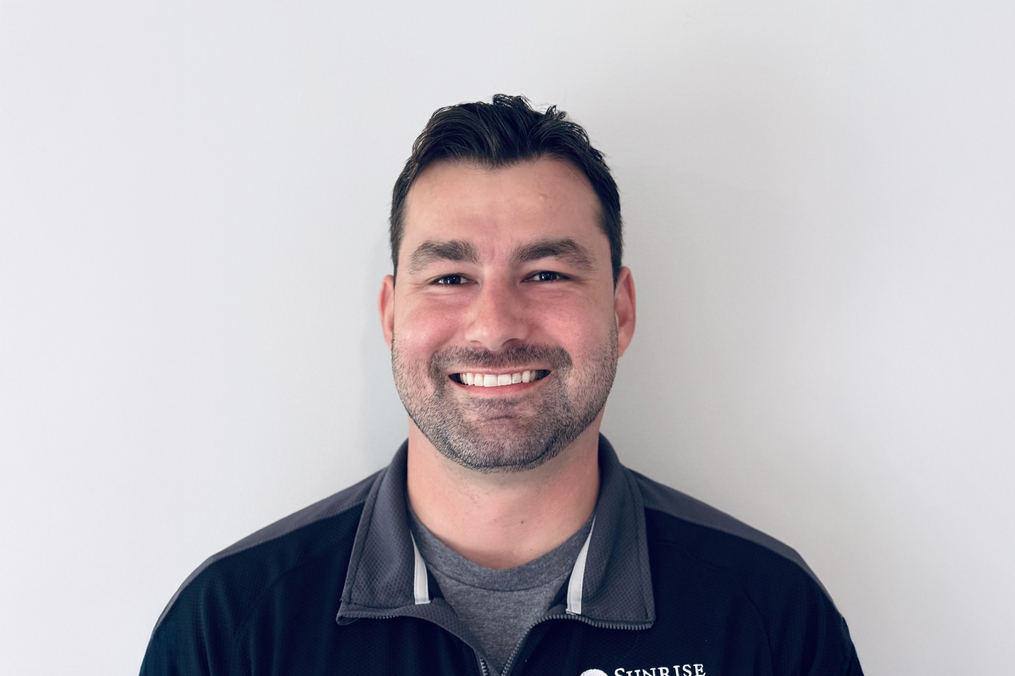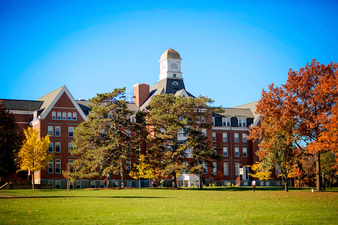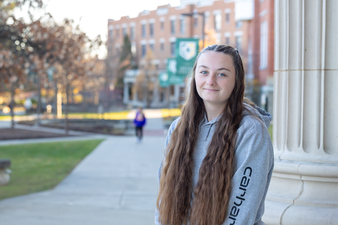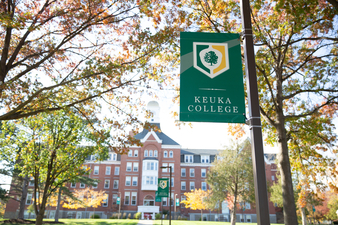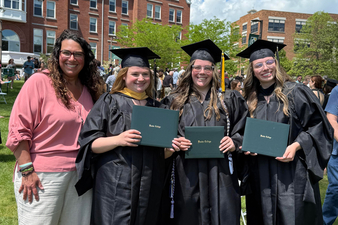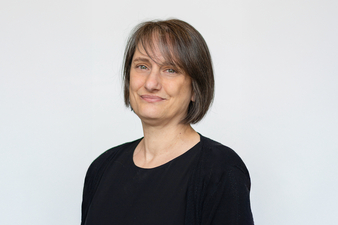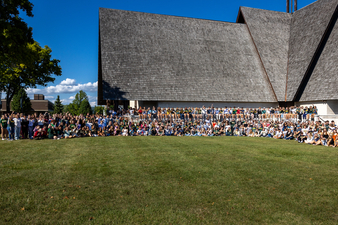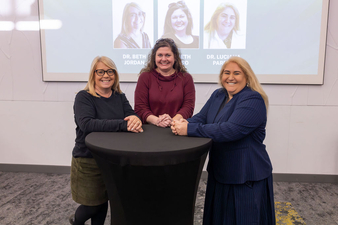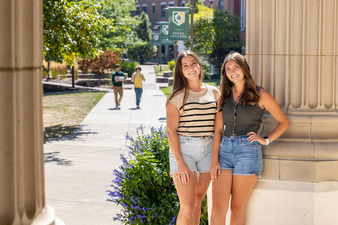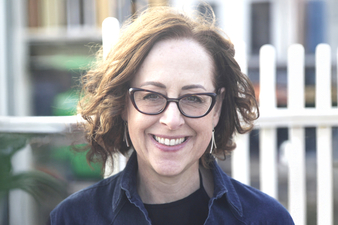Keuka College lives by the words Believe in What We Can Do Together, and that extends across campus and beyond, encompassing partnerships with local organizations.
Recently, five College students, all taking masters of social work classes through the College’s Adult and Online Education program, took that spirit of togetherness and volunteered at the Child Advocacy Center of the Finger Lakes’ (CACFL) fifth annual Believe Conference. Held Nov. 19-20, at Hobart and William Smith Colleges, the conference was aimed at professionals interested or involved in working with cases of child abuse, neglect, and trauma.
“By partnering with CACFL, Keuka College is promoting the ongoing development of local professionals and, as an extension, services provided to victims of crime in the Finger Lakes region,” says Dr. Dolye Pruitt, associate professor of social work, who has a longtime connection with CACFL through her clinical work in Canandaigua.
The College was a sponsor of the conference and, for the second year, offered participants continuing education units (CEUs) for licensed master of social workers and licensed mental health counselors attending. CEUs are often a requirement for licensed professionals and help them stay current with changes in their profession. The two-day conference attracted clinicians, school social workers, community-based providers, community organizers, advocates, medical providers, lawyers, and members of law enforcement.
Keuka College students helped ensure participants registered for CEUs received their state-required credits. They also learned about the topics presented at the conference and available resources in the community, and took advantage of networking opportunities.
Destinea Wright-Perkins ’20 volunteered at the conference to hear experts discuss topics she believes are important for all social workers.
“I learned how perpetrators of sexual violence see the world in a way that I did not even consider,” says Destinea. “I learned some different warning signs and profiles for both male and female perpetrators in positions of trust within their communities and how law enforcement and social workers see the same cases through different lenses, all while successfully working together.”
Destinea credits the Believe Conference with allowing open discussion about often-uncomfortable topics. Among them: children with sexual behavior problems, sex trafficking, victim-centered services, bystander intervention, pornography and cognitive behavioral functioning, grooming, technology-facilitated crimes, and risks for sexual minority youth.
Destinea says spotlighting subjects that can cause profound emotional reactions or be seen as “taboo” makes them less difficult and uncomfortable to discuss.
“Creating a space where it is expected that these subjects will be discussed, and questions are encouraged, is a way to fight back against the stigma, and make the social work profession stronger as a result,” says Destinea. “Overall, I believe I came out of this conference with a better understanding of what it is like to specialize in working with both victims and perpetrators of sexual violence, which will help guide my career decisions in the future.”
Other students attending the CACFL Believe Conference included Rebeccalynn Higbee ’20, Brianna Davis ’20, Katherine Anderson ’20, and Dawn Pietropaolo ’20.


